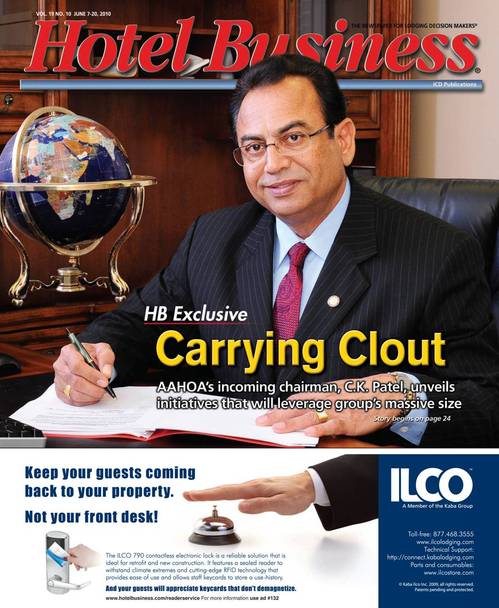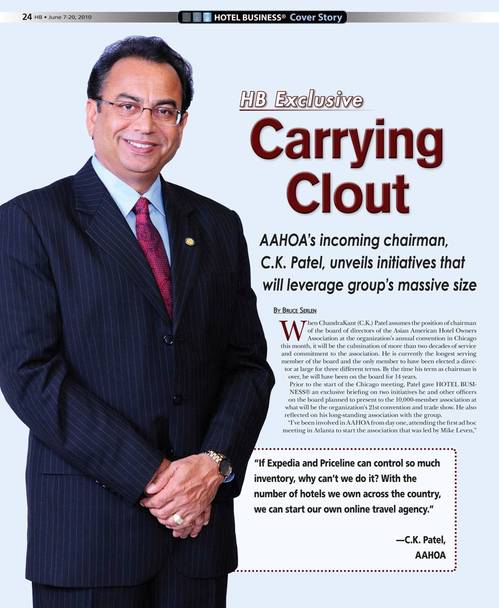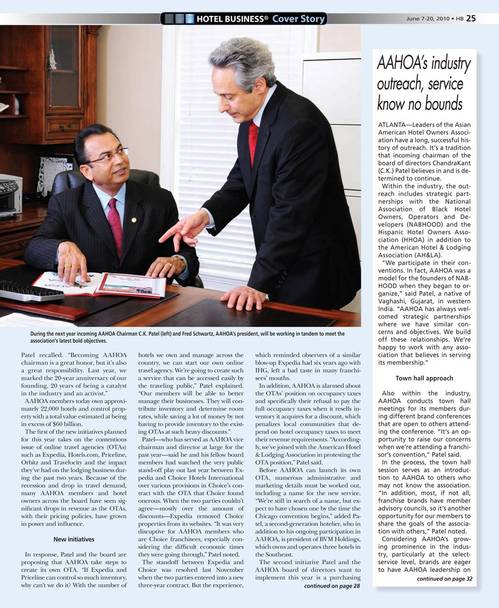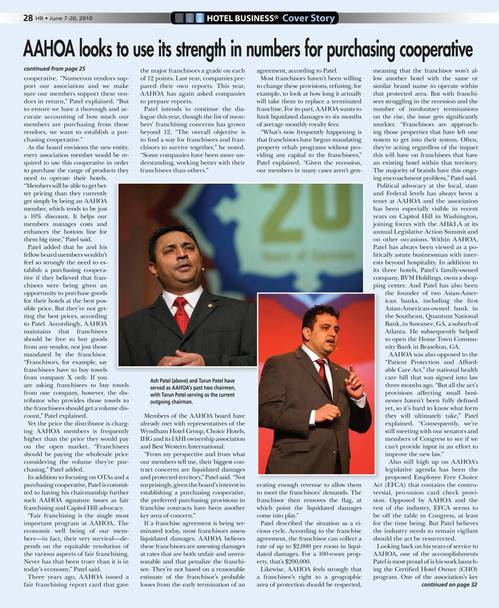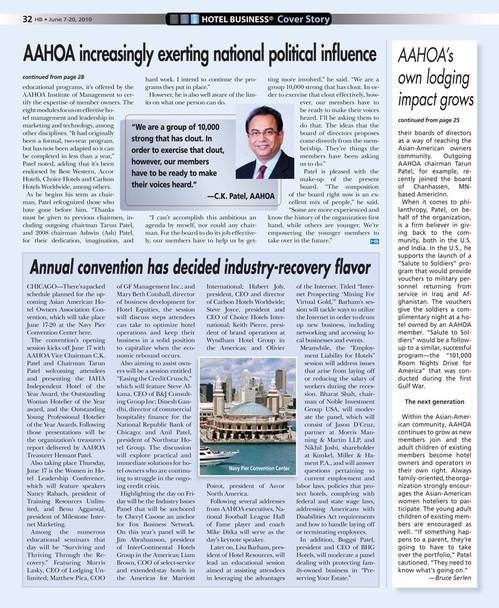As one of the world's largest and fastest growing markets, India has become an attractive possibility for expansion by U.S. franchisors. It provides an excellent franchise opportunity for qualified franchisors. It has a middle class estimated to be over 30% of population which computes to 300,000 million people and also has the world's largest English speaking population. In the recent past, India has seen a significant development in franchising with ever increasing U.S. brands operating in India. An added advantage that India offers is a large population of well educated young people familiar with technology and software. However, in addition to having a huge population and ever growing middle class, India provides a friendly franchising climate.
The Indian Legal Climate for Franchising
Unlike the United States, there are no statutes specific to franchising which govern either the sale of franchises or the relationship between franchisees and franchisors. This means there are no formal registration requirements or pre-contractual disclosure requirements for franchisors. Does this mean that a franchisor may act in whatever manner it chooses with its prospective franchisees? It absolutely does not.
Both the common law doctrine, as well as other general statutes, can be used to ensure that a franchisor deals honestly and in good faith with its prospects and franchisees. For example, the common law doctrine of equity under Indian law requires that, where a disclosure document is provided, it must comply with the common law doctrine and be a true and genuine statement of the franchise offering. Additionally, there is a legal obligation on behalf of both the franchisor and franchisee to deal with one another in good faith.
The Indian Contract Act of 1872 (the "Contract Act") governs the contract between the parties to a Franchise Agreement. This Contract Act provides: "All agreements are contracts, if they are made by the free consent of the parties, competent to contract, for a lawful consideration with a lawful object, and not hereby expressly to be void." Both franchisees and franchisors should be diligent in consulting with international franchise legal counsel to ensure that the Franchise Agreement does not contain any provisions that render the contract void or voidable under Indian law.
An important consideration when entering into a Franchise Agreement is whether any covenant not to compete contained therein might be enforceable. Under the current state of Indian law, the answer is probably during the term of the agreement, but perhaps not once the agreement has expired. Although Section 27 of the Contract Act provides that agreements in restraint of trade is void, the Supreme Court of India has held that covenants not to compete during the term of a franchise agreement do not fall within the purview of Section 27 of the Contract Act. In Gujarat Bottling Company Limited v Coca Cola Company (AIR (1995) Supreme Court 237), the Supreme Court of India held: "Since the negative stipulation in ... the . . . Agreement is confined in its application to the period of subsistence of the agreement and the restriction imposed therein is operative only during the period the 1993 Agreement is subsisting, the said stipulation cannot be held to be in restraint of trade so as to attract the bar of Section 27 of the Contract Act." The Gujarat court also held: "There is a growing trend to regulate distribution of goods and services through franchise agreements providing for grant of franchise by the franchisor on certain terms and conditions to the franchisee. Such agreements often incorporate a condition that the franchisee shall not deal with competing goods. Such a condition restricting the right of the franchisee to deal with competing goods is for facilitating the distribution of the goods of the franchisor and it cannot be regarded as in restraint of trade." Both franchisors and prospective franchisees should be careful to review Indian Law as it develops on this issue.
Other statutes which franchisors and franchisees should be aware of and seek legal counsel on include, but are not limited to, the Consumer Protection Act, 1986 ("CPA") and the Competition Act, 2002 ("CA"). A violation of these acts could create liability to members of the consuming public in India.
A clear understanding of the provisions of the CPA, and the state of the case law thereon, is vital so that both the franchisor and franchisee understand their liabilities to each other and the consuming public. Under the CPA, consumers may recover from manufacturers and service providers for defective products and/or deficiencies in service. A consumer might file an action under the CPA against both the franchisor and the franchisee, but most franchise agreements contain indemnification clauses in favor of the franchisor, which provide that the franchisee is responsible for such claims and indemnifies the franchisor against same. International franchise legal counsel can advise both franchisors and franchisees as to their potential liabilities under the CPA to third parties and as to the effect of any indemnification clause in a franchise agreement.
The CA also should be examined, as the statute prohibits arrangements regarding production, supply, distribution, storage, acquisition or control of goods, or provision of services that cause or are likely to cause an appreciable adverse effect on competition within India. Under the CA, certain arrangements are presumed to have an appreciable adverse effect on competition, including, but not limited to any agreements which directly or indirectly determine purchase or sale prices, limit or control production, supply, markets, technical development, investment or provision of services, and/or share the market or source of production or provision of services by way of allocation of geographical areas of the market, or type of goods or services, or number of customers in the market, or in any other similar way. The CA is similar to the Sherman Antitrust and Clayton Act in the United States. As such, franchisors should have their agreements carefully reviewed by an international franchise attorney to determine if the provisions thereof include any tie-in arrangements, exclusive supply and distribution provisions, and/or resale price provisions, which would be regarded as being anti-competitive in that they would cause an appreciable adverse effect on competition in India.
Important Considerations
Before a franchisor decides to export their franchise concept to India, or any other country, they need to perform some self analysis and make sure they're fully prepared for this new venture.
Following are ten important steps to follow before going into foreign markets:
- Have a solid franchise program in operation with successful franchisees and good franchise relations.
- There should be a minimum of 50 franchisees in the home country. Although not a strict requirement, a minimum of 50 units indicates a level of franchisor experience.
- Be sure that the franchise concept can be successful in other countries. Due to local customs or consumer preferences, some concepts may not be adaptable to other countries.
- There needs to be competent franchisor staff available to implement, train, and support the new foreign licensee.
- Make sure that all of the operating and marketing manuals are current and up to date. There should be marketing materials that can be adapted and translated for use in other countries.
- Perform a competitive analysis of target countries to determine if the franchise will face competition. A number of competitors can signal good demand for the franchise product or services.
- Get some advice from a consultant or advisor who has experience in international franchising and licensing. You need to rely upon experts who have prospected candidates, negotiated agreements, and have operational experience.
- Be prepared to invest some capital in overseas visits and legal costs.
- Before implementing your international launch, apply to register your trademarks and any intellectual property ("IP") you own.
- Lastly, don't expect to receive a licensing fee until you've invested a good deal of time and effort in the entire sales process.
With a growing economy, franchising in India has great potential. However, both franchisors and prospective franchisees should proceed only after consulting qualified international franchise legal counsel, and after having a clear understanding of the common law and statutes which might impact not only the relationship between the franchisor and the franchisee, but also as to potential liability to the consuming public in India.




